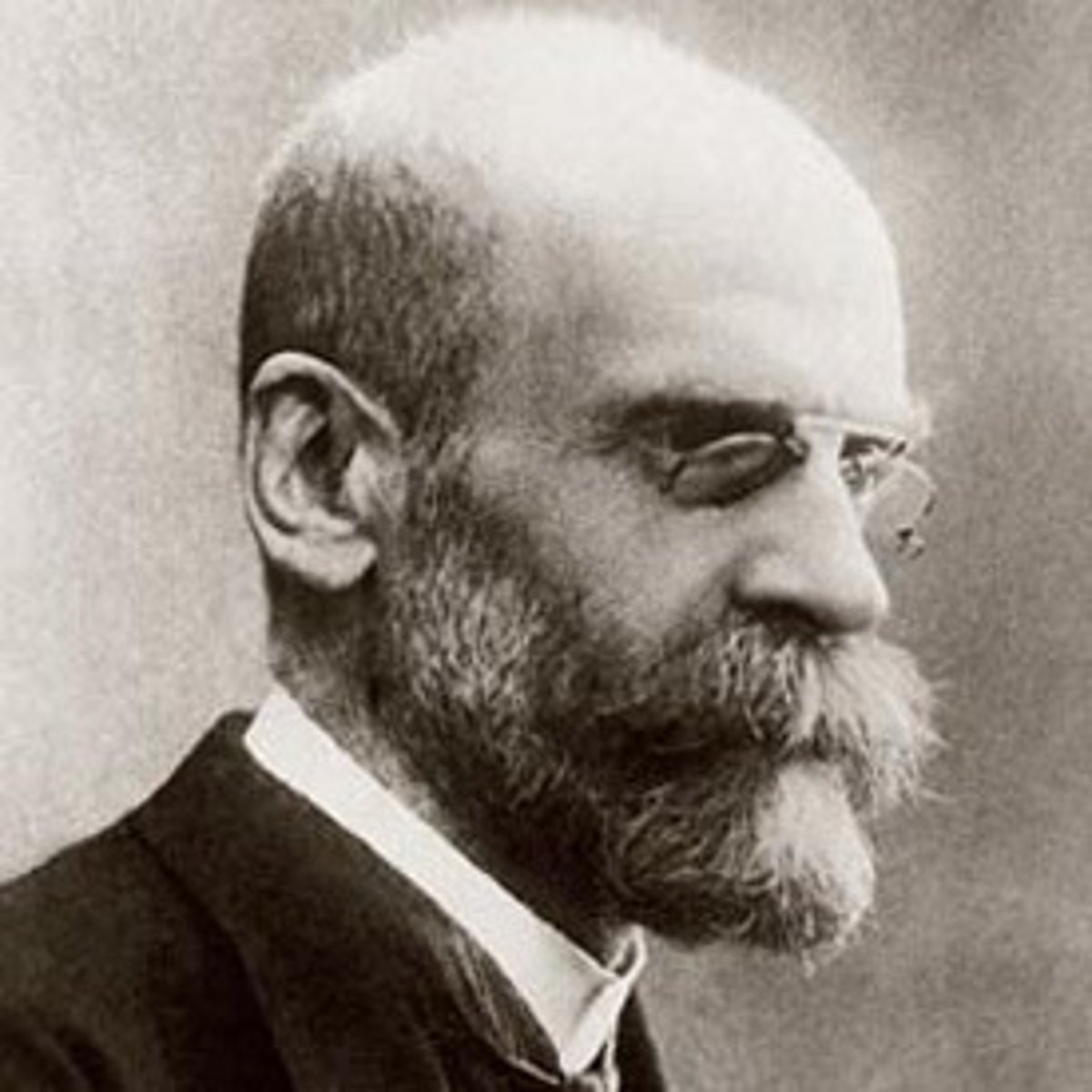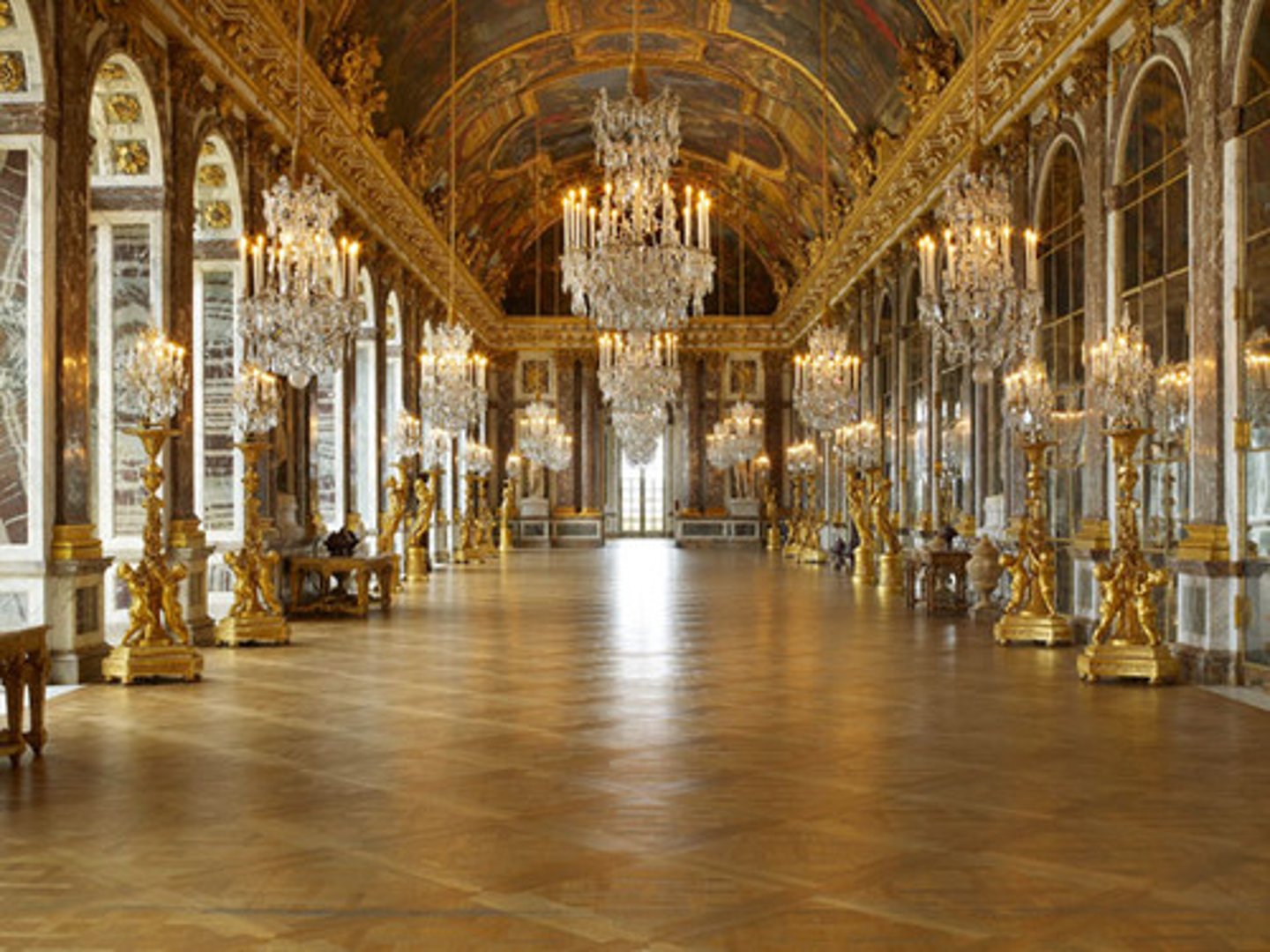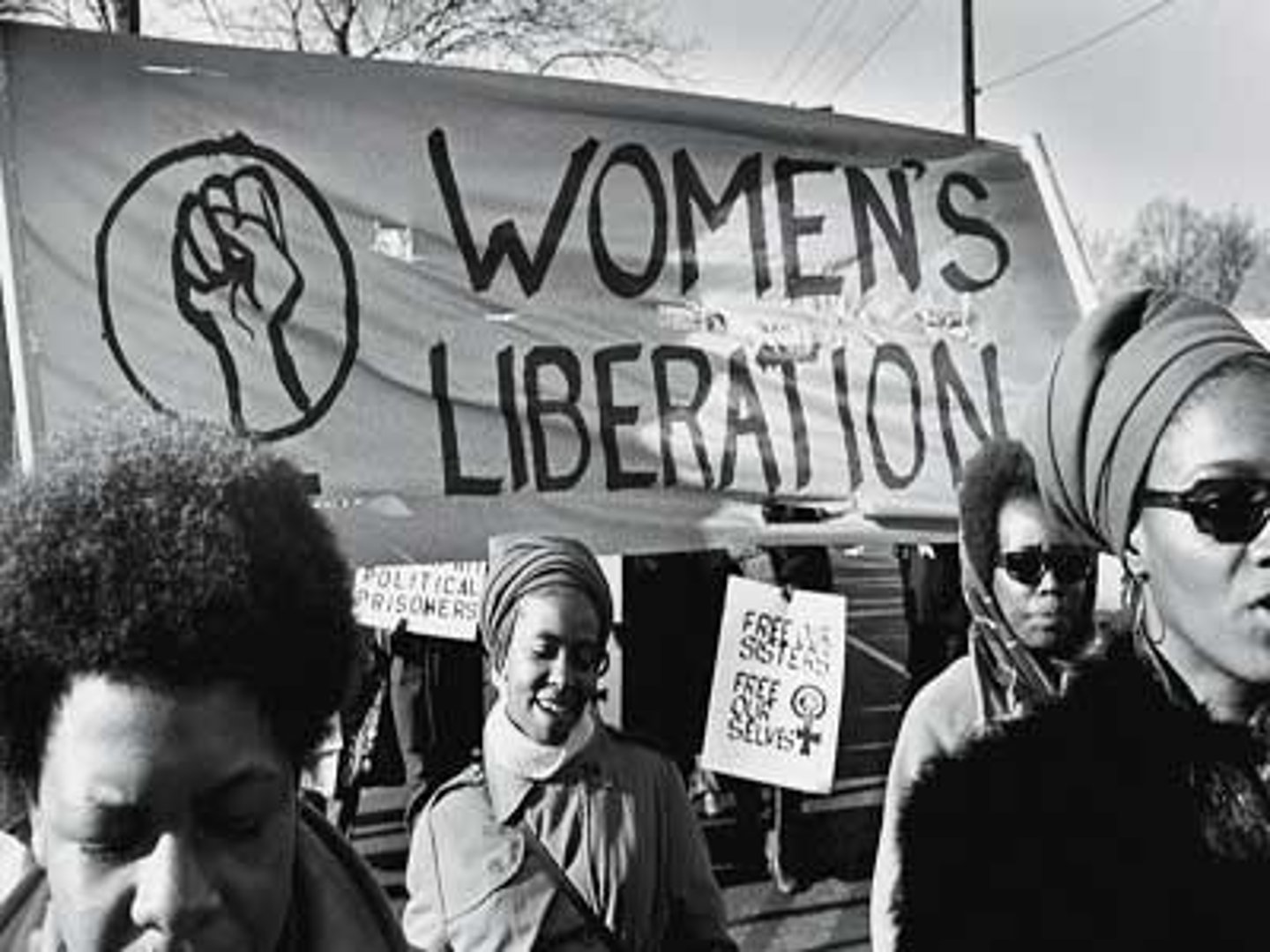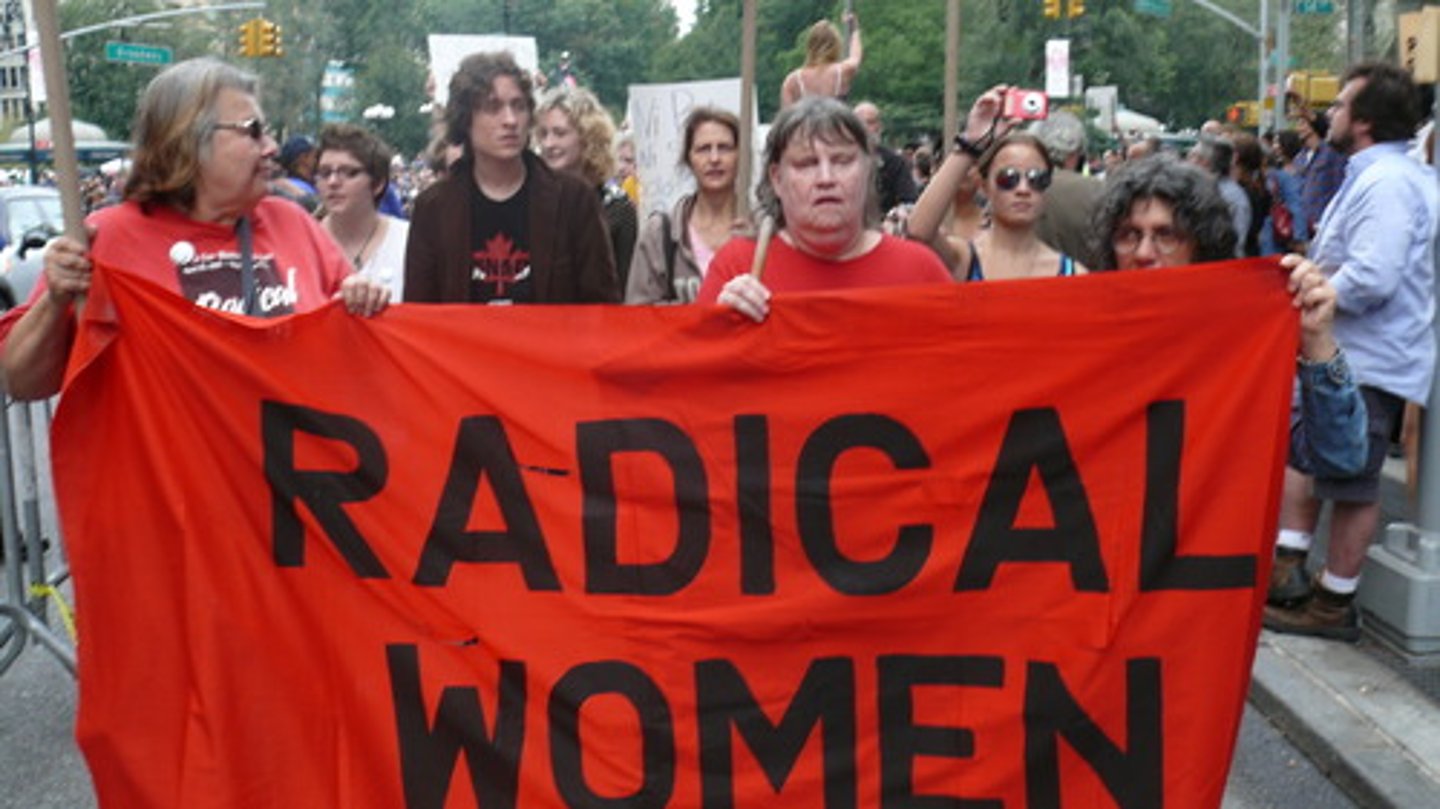Sociology AQA - Education
1/108
There's no tags or description
Looks like no tags are added yet.
Name | Mastery | Learn | Test | Matching | Spaced |
|---|
No study sessions yet.
109 Terms
Particularistic standards
Standards that parents expect from their child.

Universalistic standards
rules that apply and are expected of everyone

Durkheim
1) Promotes social solidarity
2) Prepares young people

Parsons
1) Secondary socialisation = education teaches universalistic standards and acts as a bridge between family and wider society
2) Meritocracy = a meritocratic society is built on 2 key values:
+Individual achievement
+Equal opportunity

Davis and Moore
Role allocation = for society to function effectively, the most talented individuals need to be allocated to the most important jobs

Evaluation of the functionalist view
+ Hargreaves argues that schools put more of an emphasis on competition than social solidarity
+ Ascribed characteristics are more important in determining income later in life than achievement in school
+ Education is not meritocratic because schools discriminate against some groups e.g. w/c, black pupils
Althusser
+ ISA = control people's beliefs and ideas indirectly e.g. religion, the mass media and education
+ RSA = physical force used by the state to repress the w/c e.g. police, courts and the army
Bowles and Gintis—- Hidden Curriculum and correspondence principle
The correspondence principle = the education system mirrors work structure.
Teaches pupils to be passive workers to a capitalist society.
Hidden curriculum—— norms and values taught outside of the curriculum which prepare them for capitalism
E.g. obedience to teacher = obedience to boss, value of extrinsic rewards, acceptance of inequality through the ISA

Bowles and Gintis - evaluation of role allocation
+ found that the most obedient students got the highest grades
+ means that the education system rewards those who conform to the qualities required of the future workplace
Bowles and Gintis - myth of meritocracy
+ Argue that in reality, success is based on class background
+ By promising the untrue claim that rewards are based on ability, it helps workers to accept inequality
Sugarman - w/c subculture
1) Present time orientation
2) Immediate gratification
3) Collectivism
4) Fatalism
Sugarman - m/c subculture
Deferred gratification - m/c taught to work for long term rewards e.g more tend to go into higher education
Berstein - language codes
+ Elaborated code = sophisticated, complex language used (typically used by the m/c)
+ Restricted code = Basic, simple language (typically used by the w/c)
Demie and Lewis
w/c families unable to provide stimulating home environment nor effective enforcement rules
Douglas - parental interest
m/c parents were more likely to encourage their children to succeed and socialise them more effectively to achieve in education
Bourdieu - cultural capital
Norms and values of the middle class
Habitus
The culture that we possess due to our life experiences
+ m/c habitus = cultural capital + symbolic capital
+ w/c habitus = symbolic violence as their habitus is seen as worthless
Archer
w/c develop nike identities as they can't get status so they gain it through style and branding of clothes
Gewirtz - parental choice
Privileged skilled choosers - mainly m/c, prosperous and confident, use their economic and cultural capital to get educational capital for their children
Semi-skilled chooser - mainly w/c, lack cultural capital but do have aspirations for their children
Disconnected chooser - mainly w/c, lack cultural capital, don't know about schools admissions policies
Ingram
+ Studied 2 groups of w/c boys, one of which passed the 11+ test unlike the other
+ Grammar school = strong m/c habitus unlike secondary school
+The boys who went to the grammar school were ridiculed out of school (symbolic capital) and inside of school (symbolic violence)
What do interactionists focus on?
+ Organisation of school
+ Teacher's expectations
What did Becker find from 60 interviews with teachers from Chicago?
That each teacher had an ideal pupil
What is an ideal pupil?
Refers to the image that a teacher has in their head of the pupil that they would most like to teach
What does the labelling theory propose?
Once a child is labelled it becomes their 'master status' - eventually leads to a self fulfilling prophecy
What is a master status?
The label that everyone identifies you with once you have been labelled as such
What did Rosenthal and Jacobson prove?
That teachers' expectations have a huge effect on the performance of pupils
What was the procedure of Rosenthal and Jacobson's study?
+ Based on a test, they randomly chose children who supposedly would intellectually bloom over the year
+ Pointed these children out to the teachers
+ Came back after a couple of months and after doing another set of tests, found that those children did better
What did Fuller find?
+ Black girls in a London comprehensive school - teachers didn't have high expectations of them
+ They went against their labels - rose above them and achieved
+ Shows that internal factors aren't as significant
What did Ball find?
+ Teachers had higher expectations of children in top sets so pushed them more (warmed up) whereas lower sets were not (instead cooled down)
+ As a consequence, students in top sets got better grades so went on to university
Willis
+ Studied 'the lads' (12 w/c boys) - they didn't care
+ Formed anti-school subcultures
+ Didn't care about their labels
+ socialised into a w/c subculture
Lacey
+ 2 main reasons for subcultures:
1) Differentiation - ways in which pupils are categorised by teachers on the basis of their perceived ability
2) Polarisation - e.g streams; pro vs. anti-school subcultures
Vincent et al
+ Black m/c prefer being known as 'professional' not m/c
+ Still below white m/c
+ Had aspirations for their children
Byrne
+ Migrant parents do not have much choice so send children to local schools
+ Area they live in affects their education
+ Parents don't understand the education system, so are unable to support their children in succeeding
Pryce
+ Asian culture = more cohesive as they ignore racism better
+ Impact of slavery = cultural resistance (Hall)
Driver and Ballard
+ Asians tend to have a more pro-school attitude
+ Asian extended family = provides more help and support for their children
Murray
African-Caribbean lone-parenthood is to blame because the lack of male role models means that mothers struggle to socialise and financially support their children
Strand
+ Pakistani, Bangladeshi and Indian - aspirations for higher education
+ Examples of this include private tuition and greater school involvement
Arnot
+ Media created anti-school role model for black pupils
+ 'Ultra-tough ghetto superstar' e.g rappers like 50 cent
Stahl
+ Double bind = fear of both success and failure
+ This middling position helps them to seem 'ordinary'
+ Most boys had egalitarian outlook where they wanted to fit into society
Powell
+ Students exposed to 2 messages
+ Media - high profile entrepreneurs that didn't go to university
+ Peer networks- friends who went to university but didn't have high income jobs
+ Non- graduate jobs = more attractive
Strand (2)
+ Black students are subjected to institutional racism
+ Teachers underestimate their ability due to behavioural problems overshadowing academic talent
+ White students more likely to be entered in higher tier
Gillborn
+ Teachers need to be more self aware of their choices - hold these racist views subconsciously; due to the media etc
+ Causes teachers to set lower expectations for black pupils
+ Black Caribbean children are 3X more likely to be expelled than their white counterparts
Gillborn also said that there was an............
'Undeclared war' against black achievement
Wright
+ Asian pupils victim of ethnocentric curriculum
+ Are left out of discussions and have their names mispronounced which leads to marginalisation
+ Assume British culture is superior
Archer supports.........
Wright and says that the ideal pupil is a white child with a m/c habitus
Showunmi
+ Black girls struggled due to identity crisis
+ Teachers saw them as loud (had ladette behaviour) and negatively labelled them
+ Felt they had to be popular or leave their identities behind
Mirza
3 types of teaching:
+ The colour blind; saw all pupils as equal but in practise allowed racism to go unchallenged
+ Liberal chauvinist; saw black people to be culturally deprived thus have low expectations of them
+ Overt racists; saw black pupils as inferior and actively discriminate against them
Sewell
+ Teachers hold a stereotype of 'black machismo'
+ 4 responses to label; conformity, rebellion, retreatism, innovation
Ball
+ Ethnocentric curriculum= 'little englandism'
+ Ignores history of ethnic minorities, tries to make England look good
+ Black culture and history not mentioned except slavery
Gillborn (2)
+ Marketisation of education puts ethnic minorities at disadvantage
+ Racial bias in enrolment interviews, lack of info to minority languages, minority parents unaware of enrolment procedures
Demie and Lewis (ethnicity)
+ Found that head teachers and class teachers both had low aspirations for white w/c boys
+ Ethnic minority parents more involved and interested
Coard
The ethnocentric curriculum is evidence of institutional racism within education
Gillborn and Youdell
Teachers tend to racialize expectations of pupils
Lupton
Adult authority model in Asian families is similar to that in school
Gillborn and Mirza
Ethnic minority pupils can still do well without English as a first language
Khan
Asian families 'stress ridden', bound by tradition; especially girls
Liberal feminists
+ Girls outperform boys in education causing women to break through the glass ceiling and move into higher paying jobs
+ Policies have improved women's position in society

Radical feminists
+ Still patriarchy in school
+ Subjects are heavily segregated regarding genders
Examples of patriarchy:
- The male gaze
- Double standards
- Verbal abuse

Impact of feminism
Increasing women's rights and opportunities through changes in the law, affecting self-image and ambitions
Changes in the family
+ Increase cohabitation and lone parent families
+ Women taking on breadwinner role
+ Need good qualifications and job for a living
Changes in women's employment
+ 1970 equal employment/pay act
+ 1975 sex discrimination act
+ Pay gap halved since 1975 - from 30% to 15%
+ More breaking the glass ceiling as more women in employment in better professional roles
Girls changing ambition
+ Sue Sharpe;
- 1970s = love, marriage, family
- 1990s = career, education then marriage
Equal opportunities policies
Promoting girls in non-traditional careers e.g. GIST, WISE
Positive role models
More female class and head teachers
GCSE and coursework
Gorard
- Introduction of GCSEs increased the gender gap as coursework was brought in
Mitsos and Browne
- Girls more successful in coursework because they are better organised, spend more time on work, meet deadlines, take care of presentation and are better equipped
Teacher attention
Teachers promote girls self-esteem and raise achievement levels because they cooperate so it leads to a self-fulfilling prophecy
Francis
Boys get more attention - they were disciplined more harshly and felt picked on
Swann
+ Boys dominate discussions
+ Girls are better listeners and prefer group work
Challenging stereotypes
+ Sexist images have been removed from learning materials
+ Use positive images of what girls can do to raise female achievement
Selection and league tables
Jackson
+ High achieving girls are more attractive to schools unlike underperforming boys
Slee
+ Boys less attractive to schools because they have behavioural issues and are more likely to be excluded
Shortage of male primary school teachers
+ Lack of male role models at school and home
+ Increase in lone parent families means no male figures
Feminisation of education
Sewell
+ Education system has become 'natured'; schools don't 'nurture' masculine traits like competitiveness and leadership
HOWEVER - can be argued that these traits are nurtured due to the marketisation of education
Globalisation and the decline of traditional men's jobs
+ Decline in heavy industries
+ Develop identity crisis with no motivation that they won't get a job
Boys and literacy
+ Gender gap mainly due to boys poorer lang and lit skills
+ Parents spend less time reading to their sons and instead they have more leisure pursuits like football
'Laddish' subculture
Epstein
+ w/c boys likely to be harrassed and labelled as sissies and subject to homophobic verbal abuse
Could also talk about Willis; the lads called the boys who worked hard 'ear oles'
Gender role socialisation
Norman
+ From an early age, boys and girls dress differently, do different activities, play with different toys etc
+ Eventually they develop a different taste in reading:
- boys = hobby/info books
- girls = stories about others
Elwood
+ Girls focus more on how people feel whereas boys focus on how things are made and work
+ This explains why girls choose humanities and boys = science and technology
Gendered subject images
Kelly
+ Science teachers are more likely to be men (act as a role model)
Colley
+ Computer science = male
+ Involves machine work, part of male domain and the way it is taught puts girls off
Gender identity and peer pressure
Dewar
+ Male students call girls 'lesbian' if interested in sports
Paetcher
+ Females in sport are there to cope with image that contradicts their stereotype
Gendered career opportunities
+ Employment = 'sex typed'
+ Women involved in work similar to housewives e.g childcare, nursing
Double standards
Boys boast about their own sexual exploits but call girls 'slags' - form of social control that reinforces gender inequality by keeping females subordinate
Verbal abuse
Paetcher
+ Name calling shapes identity and maintains male power
Parker
+ Boys labelled as 'gay' for being friendly or hanging out with females
Male gaze
+ Male students and teachers see girls as sexual objects
Mac an Ghaill
+ heterosexual masculinity reinforced and needs to be obvious
Male peer groups
+ Reproduce a range of different class based masculine gender identities
Redman
+ macho lads in younger years, real englishmen in sixth form
Female peer groups
+ Idealised female identity and sexual identity
+ Girls perform balancing act between the both
+ Girls shame each other - social control device to disciple identities
Teachers and discipline
+ Male teachers tell boys off for acting like girls
+ Teachers ignore boys verbal abuse to girls, may even blame girls
+ Male teachers = protective over female colleagues
Lobban
+ found that in children's reading schemes, men and women are presented in gender stereotyped roles
+ also present more male than female characters
Mac an Ghaill
+ argues that w/c jobs are no longer available for w/c boys
+ vulnerable to changes in the youth labour market
+ w/c boys feel that teachers preferred girls and treated them better
Connolly
found that black boys suffered from teacher labelling more than other groups
Paechter
Since the introduction of the National Curriculum in 1988, there has been a reduction of the gendering of subjects in secondary schools
The Butler Education Act (1944)
+ Brought in the 11+ (mandatory)
+ Leaving age of school went to 16
+ Government wanted to create an equal education system
+ Introduced the tripartite system
What was the tripartite system?
1) Secondary modern school = w/c, normal comprehensive school
2) Grammar school = m/c, pass the 11+ to get in
3) Technical school = w/c, had certain skills e.g. vocational courses
Problems with the Butler Act
+ m/c had better schooling - more prepared for 11+
+ Negative stigma on secondary modern schools - leads to a self- fulfilling prophecy for w/c
+ Teachers paid less in secondary modern schools
Comprehensivisation (1965)
+ Aim was to overcome the class divide of the tripartite system and to make education more meritocratic
+ Created comprehensive schools
+ Get into the school regardless of ability or social class - based on 'catchment area'
+ 11+ was not mandatory anymore
+ Also introduced educational priority areas
(Deprived schools were listed as 'priority schools' and received additional funding + resources)
- known as positive discrimination
Problems with comprehensivisation
+ Introduced setting and streaming ↦ had negative effects (labelling)
+ High flyers are held back by lower ability
+ m/c get m/c comprehensive schools, w/c get working class comprehensive schools
Conservative educational policy (1979 - 1997)
Aimed to develop an educational system which meets the needs of industry (market forces)
1) The New Vocationalism:
- Government involvement in youth training
- Training schemes
- Vocational qualifications
2) The Education Reform Act 1988:
- Brought in national curriculum
- From age 5-16, both boys and girls had to study maths, english and science
3) Marketisation; created an 'education market' (competition, introduced league tables, increase parental choice)
The Education Reform Act 1988
+ SATs
+ Ofsted
+ Parental choice through open enrolment
+ Ranking of school exam performance
+ National curriculum
+ Formula funding
+ Literacy and numeracy hours (primary schools)
Ball (parentocracy)
+ Ball argues that marketisation creates parentocracy
+ m/c have more advantages; economic + cultural capital = educational capital
+ E.g. are able to move to better catchment areas
Problems with the conservative educational policy
+ Middle-class parents are still at an advantage, particularly 'privileged skilled choosers' who can become governors or offer 'charitable donations' to ensure their child's place in a good school
+ Popular schools get oversubscribed and therefore can choose their pupils - and will recruit 'ideal' high-achieving middle-class students to ensure their success.
(Middle-class students get better education)
+ Schools who achieve badly one time will get less popular and then less money, so they cannot afford to improve their standards
(leading to a 'spiral of decline')
New labour policies 1997-2010
1) To promote diversity and choice
2) Reduce inequality of opportunity
NLP: Promoting diversity and choice
- By maintaining the education market
- Policies include; competition between schools, creating specialist schools and setting up academies